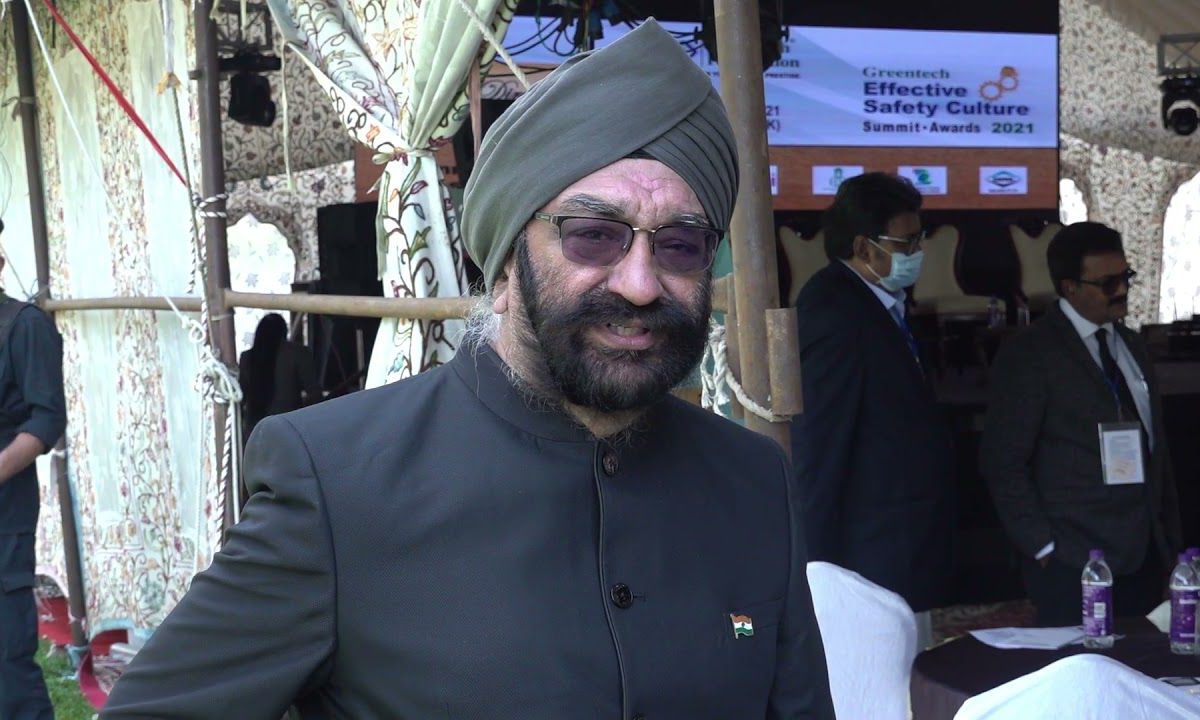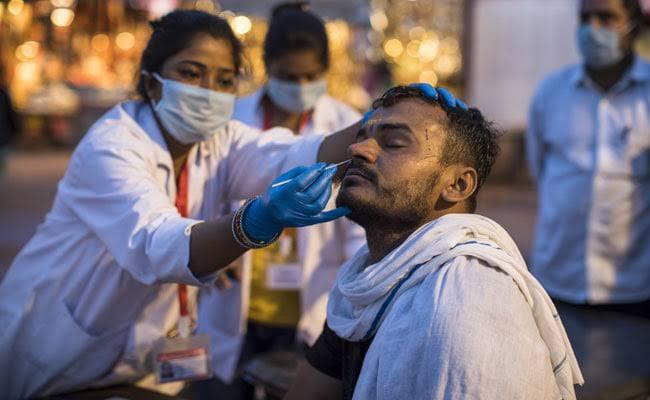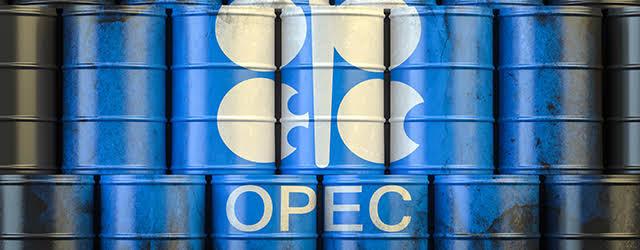The Petroleum Minister of India, Dharmendra Pradhan, has called on the Organisation of Petroleum Exporting Countries and its Allies, known as OPEC+, to “stabilise” oil prices, after prolonged output cuts.
The Minister made this call during the virtual CeraWeek by IHS Markit event. He said the country will switch its interest towards “alternative” fuels if it fails to reach favourable pricing for imported crude.
Saudi Arabia, which is one of the leading producers of OPEC, and Iraq, account for about 40% of India’s overall crude imports. He noted that although higher crude prices may be supportive of producer economies, they are fiscally “challenging” to India.
Mr Pradhan said: “India supported the production cut, but today we expect the producer countries, especially OPEC countries, [to] do business as usual. And out of that a responsible, reasonable price will come out, which is not today.”
“There is demand normalisation, especially in Asia.”
“We have to build roads, railways, airports, big projects. We have to create jobs; we have to regulate the economy. At that point of time, we need a reasonable price of our energy.”
OPEC+, which is headed by Saudi Arabia and Russia, met for a Joint Ministerial Monitoring Committee meeting on Wednesday, 3rd March 2021. The committee did not issue any recommendations before the extraordinary meeting of ministers scheduled to hold today, Thursday, 4th March 2021.
This won’t be the first time that the Minister has publicly called on the OPEC+ coalition to consider the economic cost of the cuts on consumers. According to the International Energy Agency, India’s energy demand is expected to grow 25 to 35% by 2030.
Oil prices have surged over 17% over the last month. Production outages in the US, continued restrictions on output by the OPEC+, vaccine distribution programmes in developed countries, and other factors have supported prices and rallied more than 25% since the start of 2021. This has also led to an increase in demand in Asia, notably China and India.



